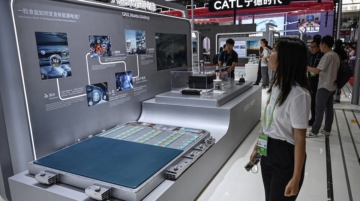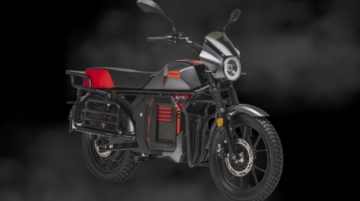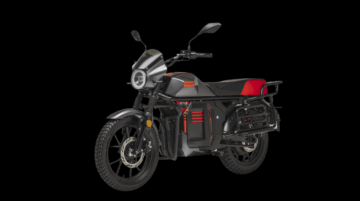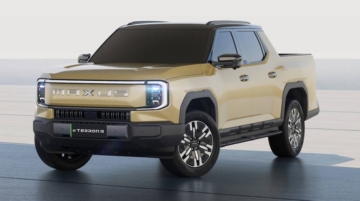
Chinese electric vehicle (EV) manufacturers are increasingly shipping their products to African countries, where first-time car owners are turning to more affordable models from lesser-known Chinese manufacturers, such as Neta and Xiaohu.
While the small manufacturers have struck a chord in the passenger car market in Africa and Asia, the giant Chinese EV manufacturer, BYD, is threatening to take their lunch in a fierce price war, which is beginning to reveal the strain on smaller players and the potential fallout for cost-conscious consumers across Africa and Asia.
One example is Hozon New Energy Automobile, the parent company of Neta Auto, a brand that has been expanding into overseas markets. Hozon is now facing mounting financial troubles after a creditor filed for bankruptcy proceedings against the company.
As of December last year, Neta had delivered close to 400,000 cars worldwide with some of these vehicles finding their way into countries in Africa and Asia. While Neta is not facing bankruptcy proceedings, its parent company, however, has struggled for months with a worsening cash flow, including production stoppages, large-scale layoffs, and failed efforts to secure fresh capital.
In January, Hozon convened shareholders to discuss a proposed $560 million Series E fundraising round, including a potential $420 million investment from a lead backer. The goal was to stabilize operations and fulfill obligations to suppliers. Those efforts, however, now hang in the balance as bankruptcy proceedings move forward.
Lei Xing, co-host of the China EVs & More podcast and a long-time observer of the China automotive space says, “I think they’re done, in my personal opinion.” He notes that to survive, the company- and others that may face the same fate- may have to pivot and focus on making spare parts and offering after-sales services.
The financial uncertainty has cast a shadow over Neta’s expansion plans. In Thailand, the brand’s general manager, Sun Baolong, sought to reassure customers that production and sales would continue. But in Kenya, local dealers such as Moja EV and Utu Cars have positioned Neta vehicles as affordable alternatives to gasoline-powered cars, and drivers like Paul Mwai have turned to these EVs for lower fuel and maintenance costs. A potential collapse of Neta, or any other small Chinese EV manufacturer, could create skepticism toward electric cars, particularly those from lesser-known brands.
In Kenya and many other African countries, consumer confidence in affordable EVs is fragile since buyers are still learning about them. These markets are still reliant on second-hand internal combustion engine vehicles, whose spare parts and services are easily accessible.
Unlike these ICE vehicles, electric cars rely on complex software and battery systems, making them harder to maintain without manufacturer support. In places like Kenya, where technical capacity and spare parts networks are still developing, the collapse of a manufacturer could leave buyers stranded, with vehicles they can neither repair nor resell.
WHY IS THIS IMPORTANT? Chinese EV brands like Neta have helped bring electric mobility within reach for millions of first-time buyers in the Global South. However, if financial instability derails supply chains, it could set back the broader transition to cleaner transportation.
The turmoil underscores a growing challenge for China’s EV sector, where, as competition intensifies, weaker companies risk collapse, leaving global buyers to grapple with the consequences. Neta maintains that it remains operational. Whether it stays that way may depend on whether its parent company secures a financial lifeline before it’s too late.









